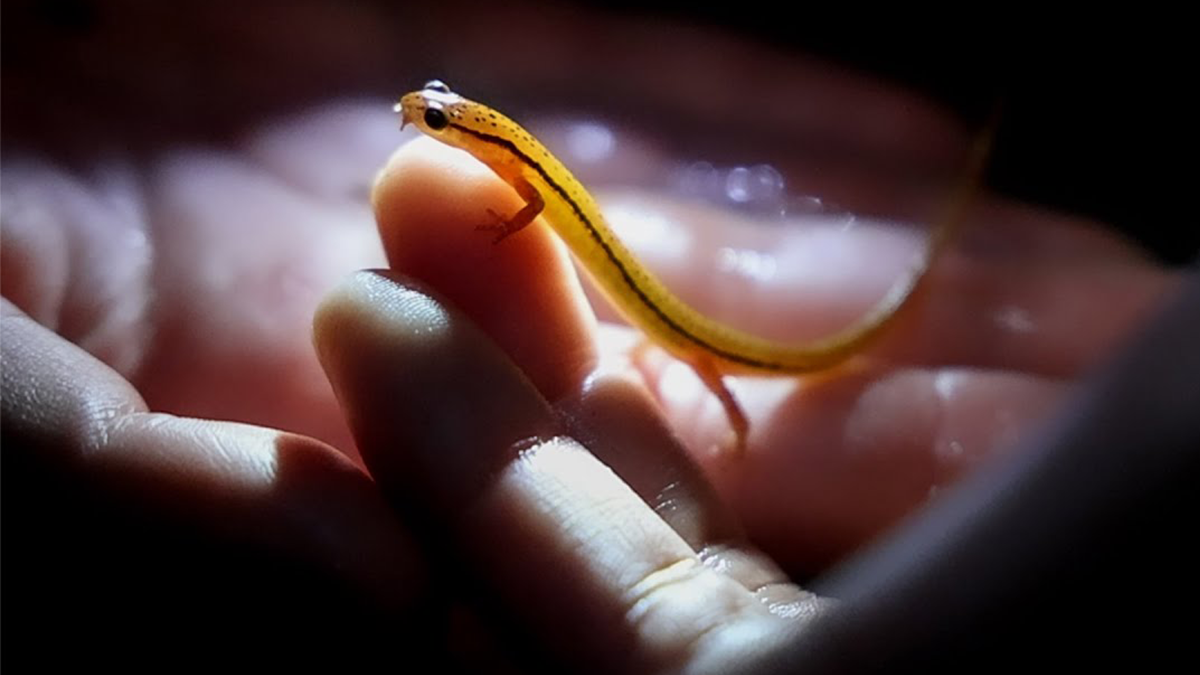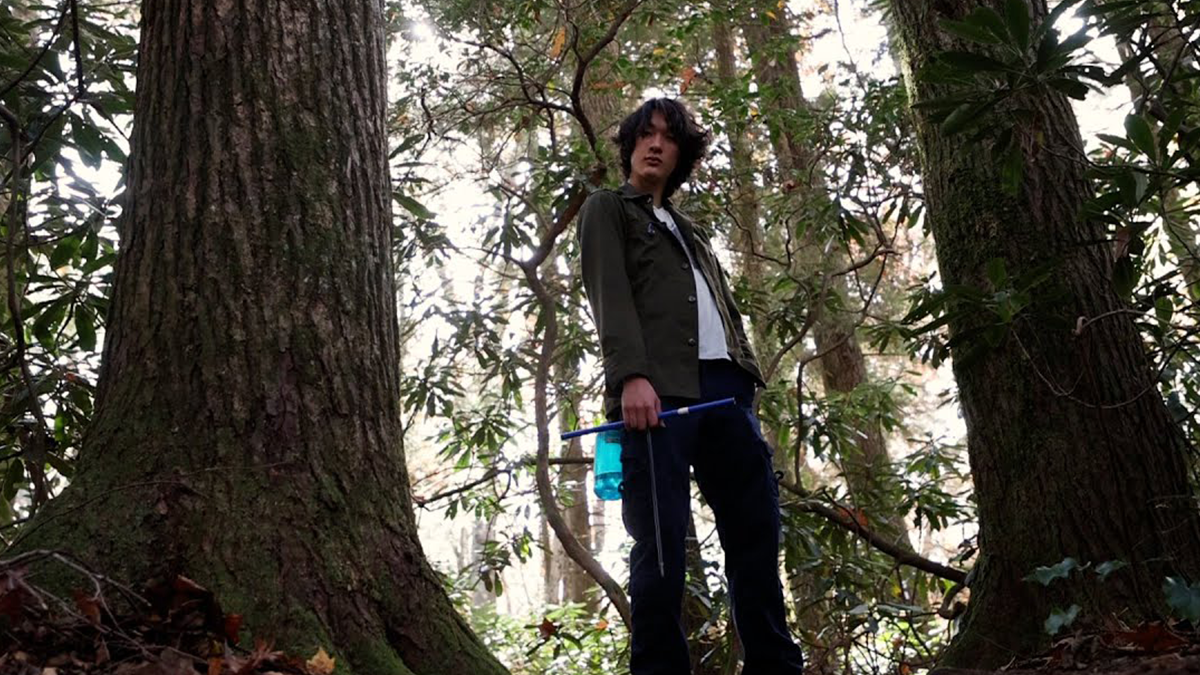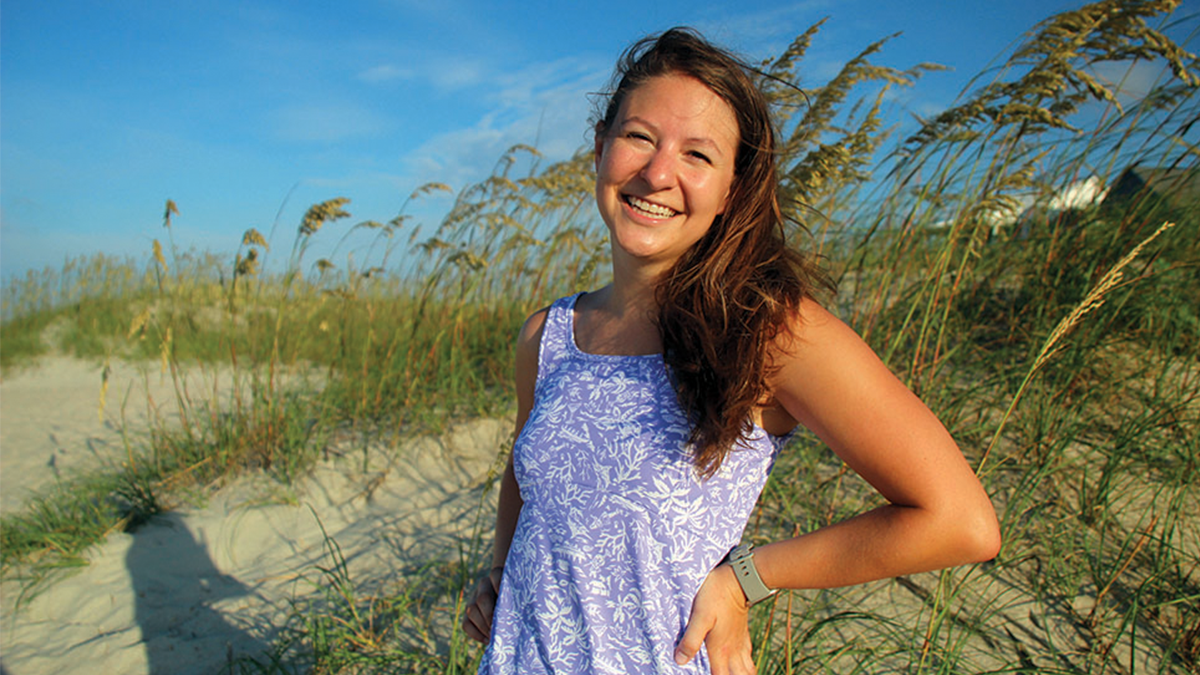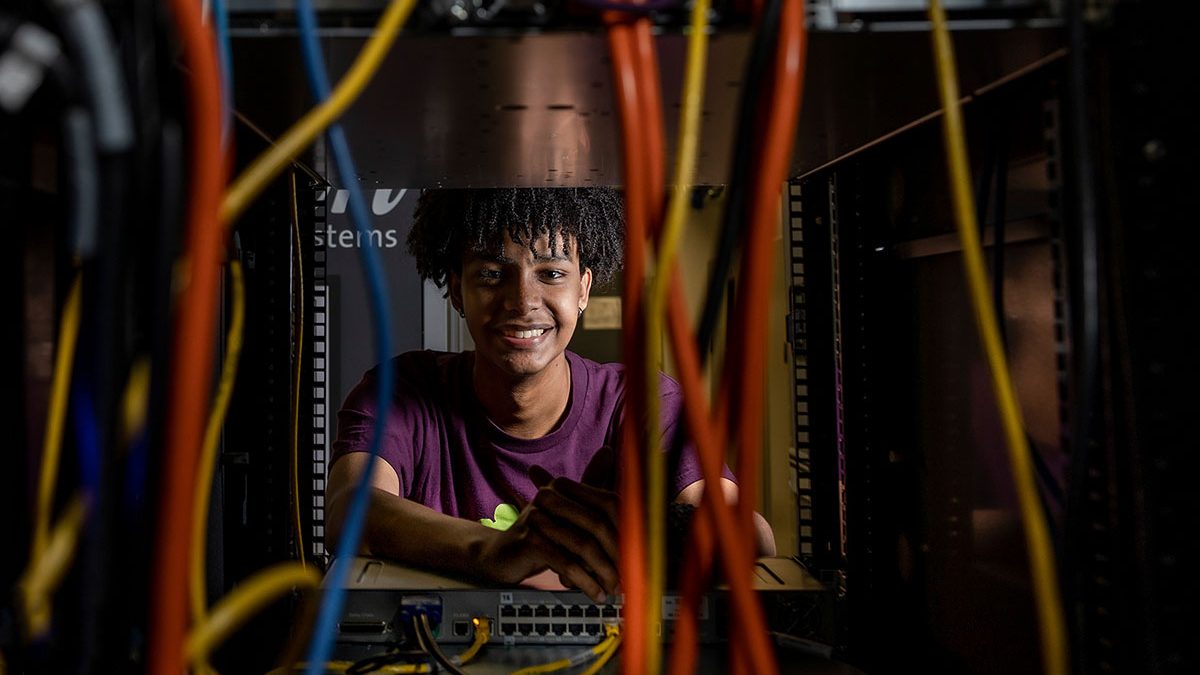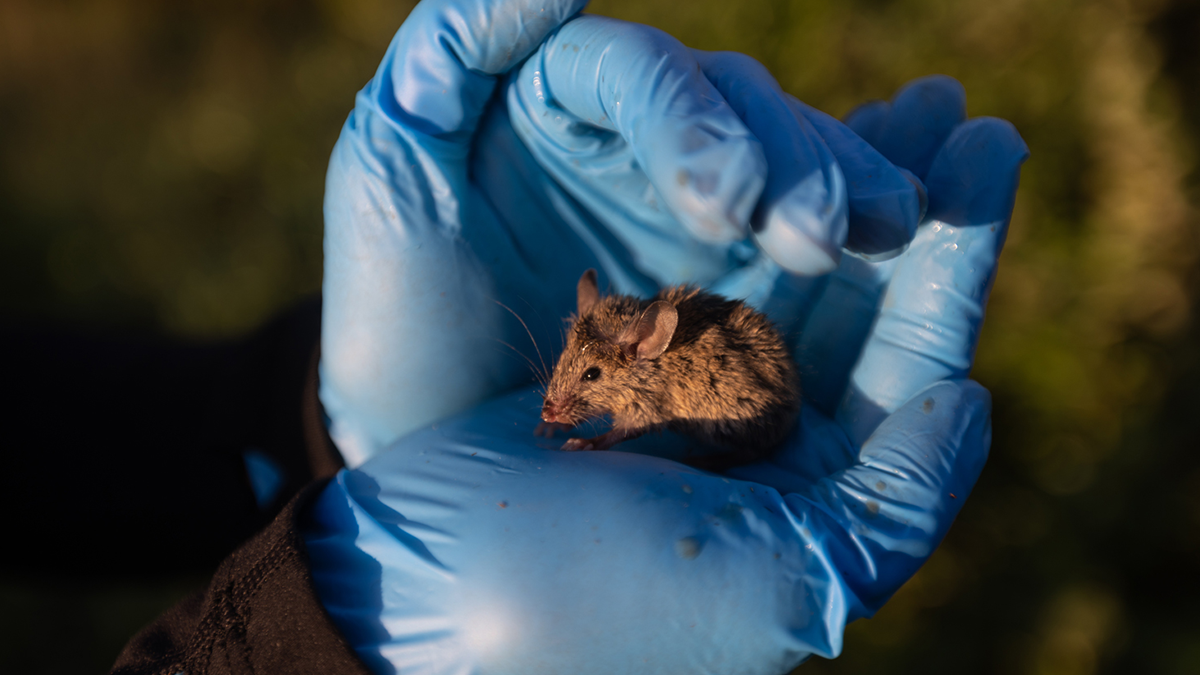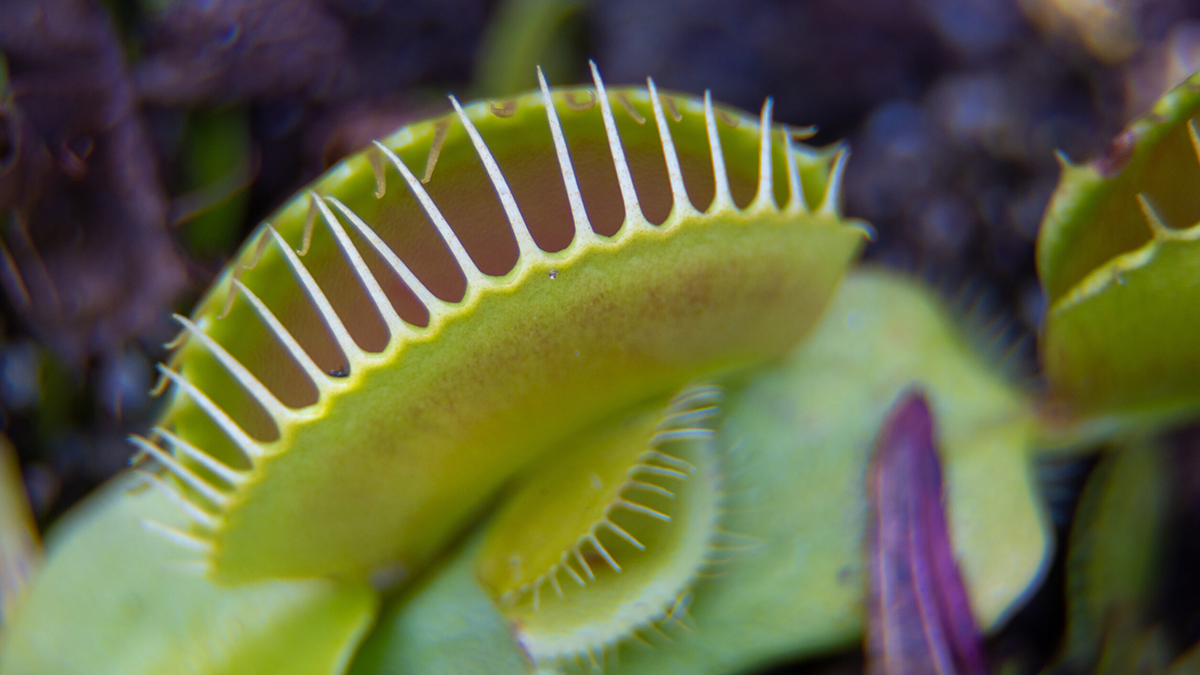Preserving a natural treasure
A gift from Nicci and Martin Gafinowitz will support scientists as they study one of the world’s most unique — and fragile — ecosystems.
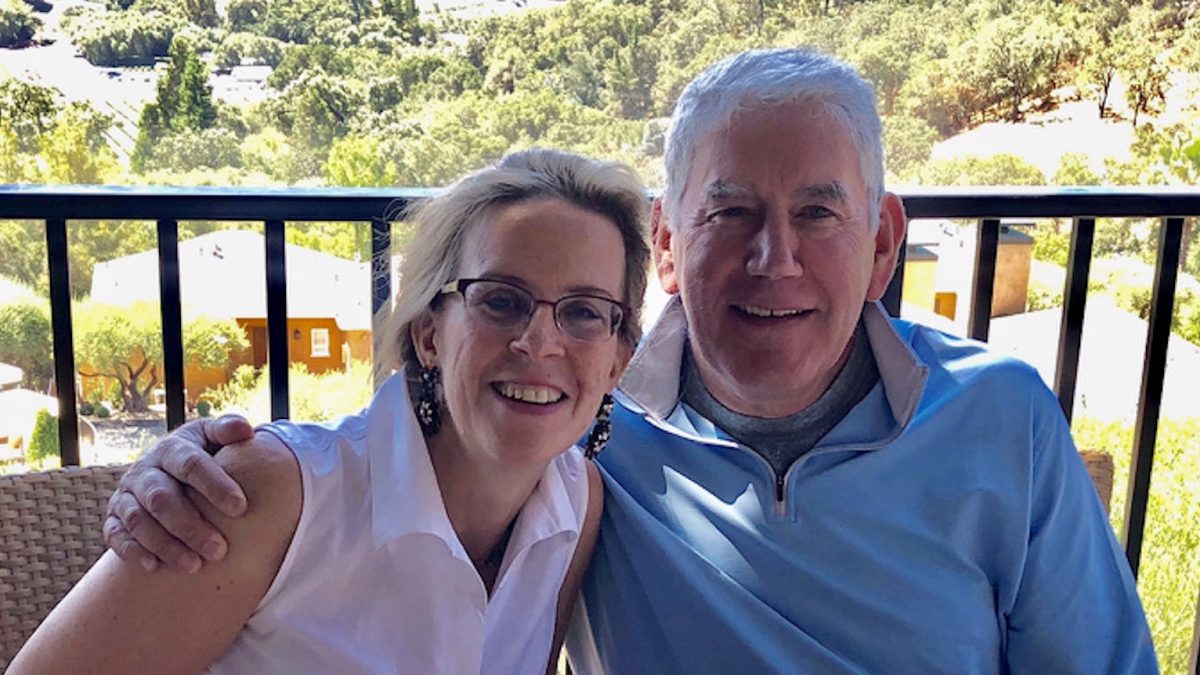
A gift from Nicci and Martin Gafinowitz will support scientists as they study one of the world’s most unique — and fragile — ecosystems.
A gift from Nicci and Martin Gafinowitz will support scientists as they study one of the world’s most unique — and fragile — ecosystems.
In July 2019, Nicci ’16 (MSIS) and Martin Gafinowitz joined a small group visiting the UNC Center for Galapagos Studies. While meeting with faculty and students to learn about the center’s cutting-edge research, the Gafinowitzes also got to see the island’s famed wildlife. They snorkeled in Darwin Bay as sea turtles swam by, sidled around huge iguanas and ambled past distinctive blue-footed boobies.
But it was a daylong tour of San Cristobal Island with Diego Riveros-Iregui, professor of geography at UNC-Chapel Hill, that revealed the fragility of the islands’ ecosystem. Riveros-Iregui brought the visiting group to Puerto Chino Beach and showed them tiny colored grains of plastic that had washed ashore and were now inseparable from the sand.
“To see the ocean washing up plastic sand with every wave was just mind-boggling,” said Nicci Gafinowitz, who serves on the Chancellor’s Global Leadership Council. “This is deadly pollution, and you can’t just sweep it up off a beach.”
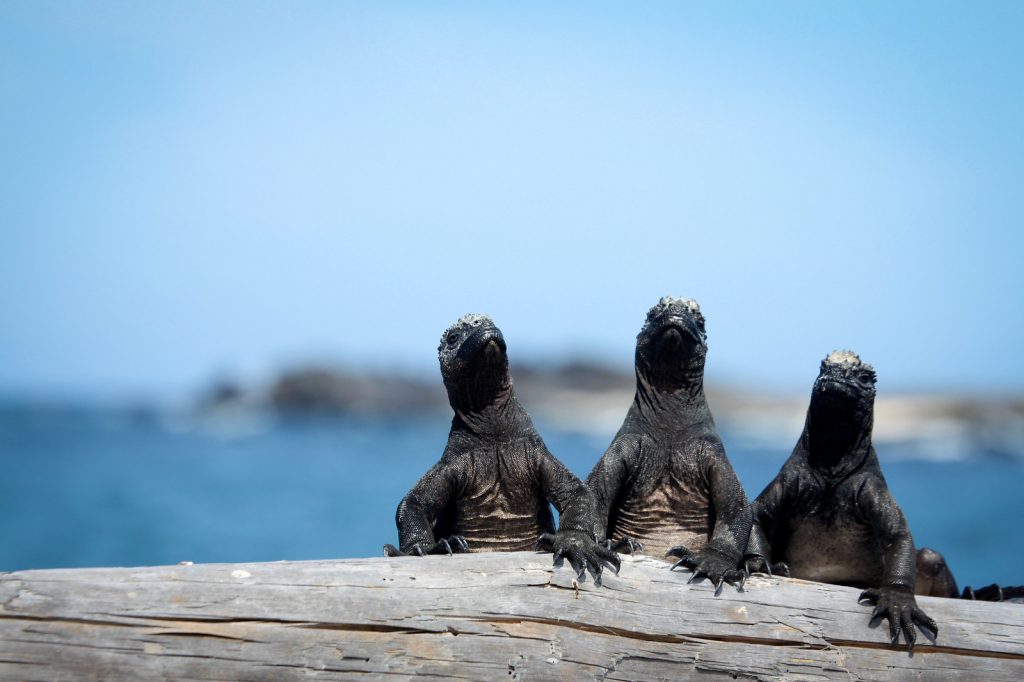
Marine iguanas bask in the sun on the Galapagos Islands. Scientists at the UNC Center for Galapagos Studies are studying environmental challenges facing the Galapagos.
The Galapagos Islands are located 600 miles off mainland Ecuador but, as the Gafinowitzes witnessed, are not immune from environmental challenges: Marine pollution, global warming, increasing tourism and invasive species threaten the archipelago’s delicate ecology. Seeing these challenges first-hand inspired them to make a gift to the UNC Center for Galapagos Studies that will support research, education and community outreach through programs at the Galapagos Science Center.
“It is inspiring to find Carolina playing such a leading role in this historically and environmentally prominent location,” Martin Gafinowitz said. “We were impressed to see UNC working in harmony with a distant country to promote sustainability.”
Jointly operated by UNC-Chapel Hill and Universidad San Francisco de Quito in Ecuador, the Galapagos Science Center is the only university science facility of its kind in the Galapagos. The center was founded in 2011 by geography professors Steve Walsh (UNC-Chapel Hill) and Carlos Mena (USFQ) to advance conservation efforts and extend knowledge of global environmental change. By studying the Galapagos, scientists will also better understand ecologically vulnerable areas worldwide.
“The generous gift made by Nicci and Martin Gafinowitz underscores the importance of advancing critical research in the Galapagos that informs science and conservation on the islands and in other similarly challenged settings in North Carolina and around the globe,” Walsh said. “Nicci and Martin’s support enhances the global experience of Carolina’s students in understanding and saving fragile island ecosystems from the social-ecological threats to island sustainability. The gift will continue to manifest their passion and commitment to conservation and stewardship of sensitive environments, and it will facilitate the continued engagement of UNC scientists in this vital endeavor.”
The gift is unrestricted, enabling the center to determine how to invest the money. “We believe that program directors should be free to invest where they think they can have the most impact,” Martin Gafinowitz said.
The Gafinowitzes met at the University of the Witwatersrand in their native South Africa. Martin’s job brought them to North Carolina in 2003, and after their children reached college age, Nicci returned to school herself. Adding to her bachelor’s degree in environmental science, she earned a master’s degree from UNC-Chapel Hill’s School of Information and Library Science.
They remain deeply connected with Carolina, supporting several departments and programs, as well as being avid Tar Heel fans. Nicci Gafinowitz said one of the motivations for their recent gift to UNC Center for Galapagos Studies and the Galapagos Science Center was to encourage others to give as well.
“Every gift can promote more gift-giving and publicity, so I hope we can increase awareness of UNC’s globally-unique Galapagos Science Center,” she said. “It is a tremendous academic opportunity for so many faculty, students, and staff at Carolina and around the globe. I am excited to support the exploration and discovery of new ideas to protect this global treasure, and I encourage others to consider supporting the center as well.”
The Gafinowitzes are among several supporters who have made recent gifts to the center. Financial supporters have included:
- the late Joan Gillings, who donated a $10,000 annual gift;
- Stephen Butts ’92, ’98 (MBA) and Addie Miller, who gave $25,000 to fund travel grants for undergraduate researchers; and
- Donald Wagoner ’77 (MBA), who made a $10,000 GiveUNC challenge pledge.
Gifts of all sizes are encouraged to support UNC Center for Galapagos Studies and the Galapagos Science Center, and you can make an online gift of support hereOpens in new window. Additionally, find out about unique naming opportunitiesOpens in new window that will empower more breakthroughs in Darwin’s living laboratory. To stay up to date with the Galapagos Initiative, please visit galapagos.unc.eduOpens in new window or you can follow UNC Center for Galapagos Studies on TwitterOpens in new window or FacebookOpens in new window.
